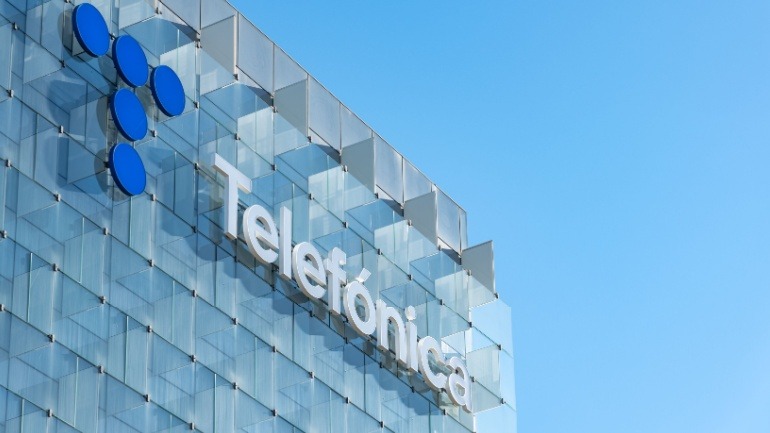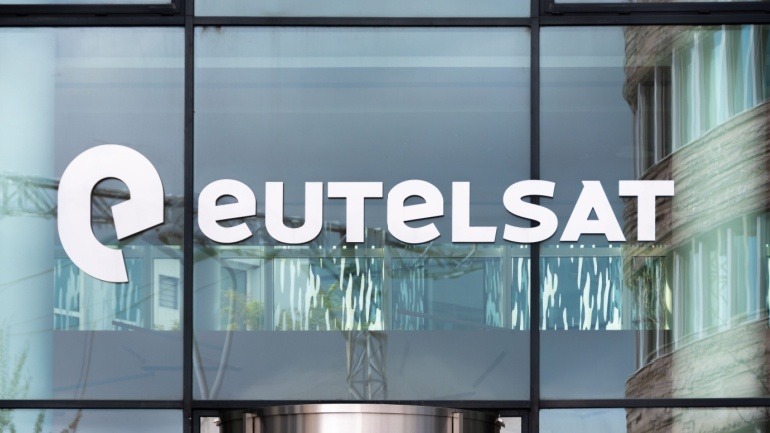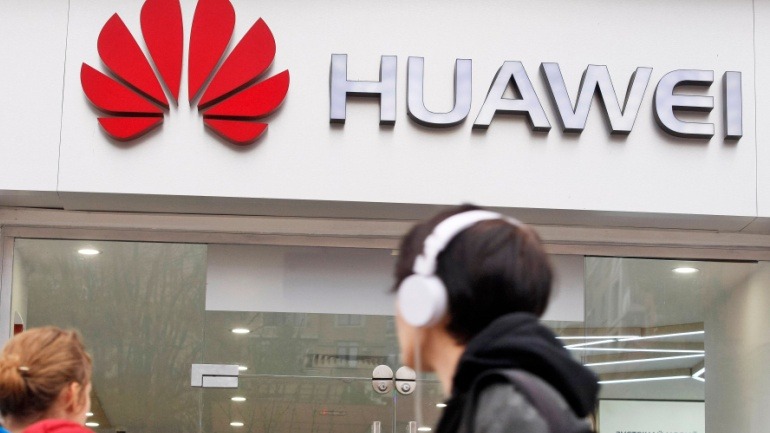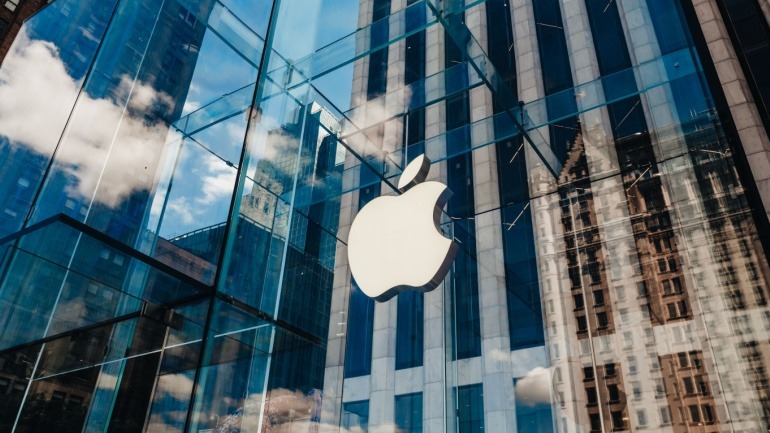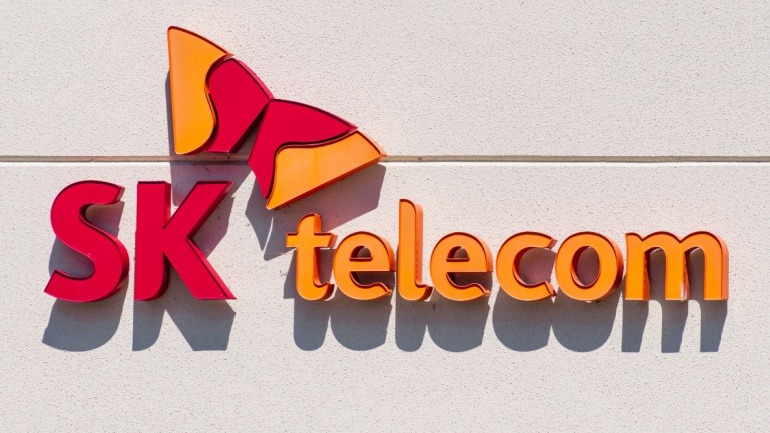Encountering an HTTP 524 error is a common challenge in the VoIP industry, signifying a timeout between a web server and reverse proxy, like Cloudflare. Efficient troubleshooting is paramount, particularly in optimizing server performance and leveraging load balancing and caching strategies to ensure uninterrupted VoIP services.
The telecom industry is transforming with agentic AI, as 41% of Communication Service Providers focus on network management enhancements. This shows a shift from AI’s traditional role in customer service to being integral in operations. CSPs must strategically and responsibly implement AI, ensuring reliable and secure VoIP network management solutions.
Vodafone’s billion-dollar investment in SpaceMobile underscores its strategic emphasis on the burgeoning telco-satellite sector. This move highlights Vodafone as a dynamic matchmaker, fostering telco-satellite collaborations to enhance services like direct-to-device communications, fixed wireless access, and robust remote connectivity. While opportunities abound, challenges in scalability and integration persist, demanding strategic agility.
China Mobile International is driving cross-border private 5G adoption, aiding Chinese enterprises in building global networks and assisting international manufacturers entering China. With about 64,000 private 5G networks, China’s cohesive regulatory ecosystem fosters rapid growth. CMI provides turnkey solutions through local collaboration, supporting seamless industrial expansion worldwide.
Telefónica’s strategic acquisition of a 50% stake in FiBrasil marks a pivotal step in enhancing its VOIP infrastructure and service delivery. By integrating FiBrasil’s fiber optic network, Telefónica plans to streamline operations and boost efficiency, reinforcing its presence in the competitive Latin American telecom market.
As the IoT landscape evolves, CSPs face the dual challenge of ensuring robust VoIP connectivity across borders while navigating stringent regional data privacy laws. Compliance with regulations like GDPR and India’s DPDP Act is critical to avoid penalties. Local breakout services offer CSPs a strategic advantage, enhancing VoIP performance and compliance. Kaleido Intelligence’s report emphasizes the need for IoT service providers to prioritize compliant, locally-tailored connectivity solutions. This strategic approach not only meets legal standards but also positions providers as market leaders, underscoring the importance of compliance-driven growth in the rapidly advancing IoT arena.
Leadership changes at prominent telecom companies like Eutelsat and Vantage Towers signal significant shifts within the industry, highlighting potential challenges for management stability. Amidst this reshuffling, the UK’s alternative network sector is also seeing dynamic modifications, such as executives departing companies like MS3 Networks. These transitions can impact the industry’s strategic execution, necessitating effective communication and focus on VoIP technology adaptation. As these businesses navigate evolving market conditions, leveraging new perspectives becomes crucial to maintaining momentum and achieving growth in telecom and VoIP landscapes.
In the ever-evolving tech cold war, the European Union carefully navigates Huawei’s controversial presence by utilizing a strategic ‘toolbox’ of recommended security measures. As the EU weighs a potential ban, VoIP technologies could see significant shifts depending on alliance formations and geopolitical pressures, significantly impacting global telecommunications infrastructure.
Apple is pioneering groundbreaking satellite connectivity features for iPhones, marking a substantial evolution in mobile communications. By enhancing satellite messaging with photo transmission capabilities, improving navigation in no-signal zones, and easing indoor connectivity, Apple leverages partnerships to push boundaries. iPhone users can expect revolutionary advances, especially in areas where traditional networks fall short.
SK Telecom, a leader in VoIP technology, is boosting its data infrastructure with plans to expand its data center in Ulsan, South Korea, and build a new facility in Vietnam. Integrating cutting-edge technology, these advancements solidify SK Telecom’s commitment to enhancing data services, supporting the global shift towards advanced technological solutions.







